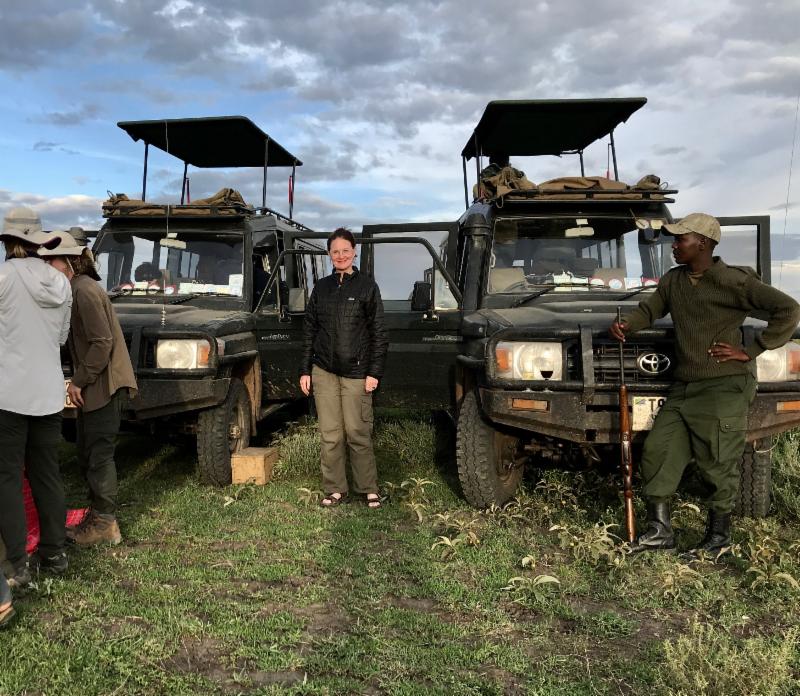Managing the Safari Way
Managing the Safari Way I’m just back from my third trip to Tanzania – a three-week immersion into a startlingly different land, whose people, animals, birds and weather never fail to help me see life more fully than I otherwise might. These safaris give new meaning...
Read More

